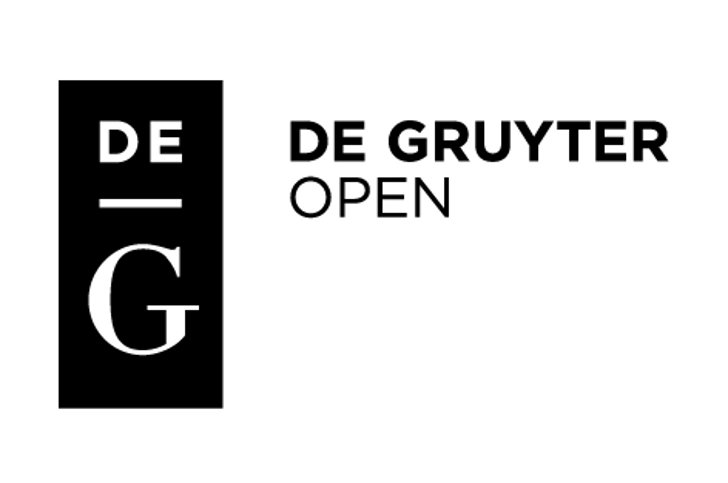Location
De Gruyter Open (formerly Versita) is one of the world’s leading publishers of open access scientific content. Today De Gruyter Open (DGO) publishes about 600 own and third-party scholarly journals across all major disciplines.
The company was established in 2001 and is now part of the De Gruyter publishing group degruyter.com. Since 2006 De Gruyter Open has been a member of Association of Learned and Professional Society Publishers and International Association of Scientific, Technical & Medical Publishers. De Gruyter Open’s book and journal programs have been endorsed by the international research community and some of the world’s top scientists – Nobel Prize Winners included. The company is on the constant mission to make best scientific content freely available to all scholars and readers alike.
Members:
Resources
Displaying 11 - 15 of 17Spatial-based assessment of land use, soil erosion, and water protection in the Jeneberang valley, Indonesia
Soil erosion by water is considered as one of the most significant forms of land degradation that affects sustained productivity of agricultural land use and water quality. It is influenced by a considerable number of factors (including climate, soil, topography, land use and types of land management), so that the information on the spatial distribution of soil erosion rate and its related effects can be effectively employed as a baseline data for land use development and water protection.
Potential Land Use Implications of a Global Biofuels Industry
In this paper we investigate the potential production and implications of a global biofuels industry. We develop alternative approaches to consistently introduce land as an economic factor input and in physical terms into a computable general equilibrium framework. The approach allows us to parameterize biomass production consistent with agro-engineering information on yields and a "second generation" cellulosic biomass conversion technology.
Qualitative land suitability evaluation for the growth of onion, potato, maize, and alfalfa on soils of the Khalat pushan research station
An area suitability assessment for crop production requires a considerable effort, which can provide necessary information for optimum land use. Agricultural land use has benefited significantly from the use of suitability systems in recent years.
Genetically Modified Organisms: Rights To Use Commodity Names and the Lemons Problem
Genetically modified crops have met some consumer opposition domestically and abroad. This opposition has resulted in variety market and policy reactions with a large potential to disrupt trade and to become a focus of international negotiations. In this paper we consider the spillover from adopters to the non-adopters and non-consumers of GM technology. In the absence of any (organizational) transaction costs the assignment of property right to use the name corn will result in Pareto improving decisions with respect to the introduction of GM technology.
GMOs: Prospects for Productivity Increases in Developing Countries
There are two mechanisms by which modern genetically modified organism (GMO) products can affect productivity in developing countries. The first is the Genes for Rent mechanism where a recipient country agrees with a GMO company to incorporate a GMO product (e.g., a Bt gene in cotton varieties) and pay a technology fee. The second is the Transgenic Breeding mechanism in which National Agricultural Research System (NARS) breeders use modern biotech methods marker-aided breeding, genetic maps, and genomics research to produce GMO traits of economic value in crop varieties.


